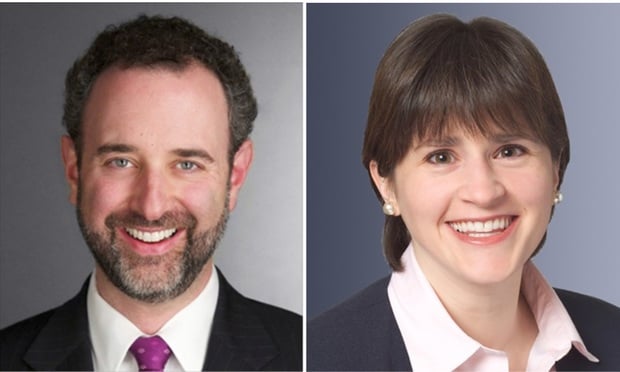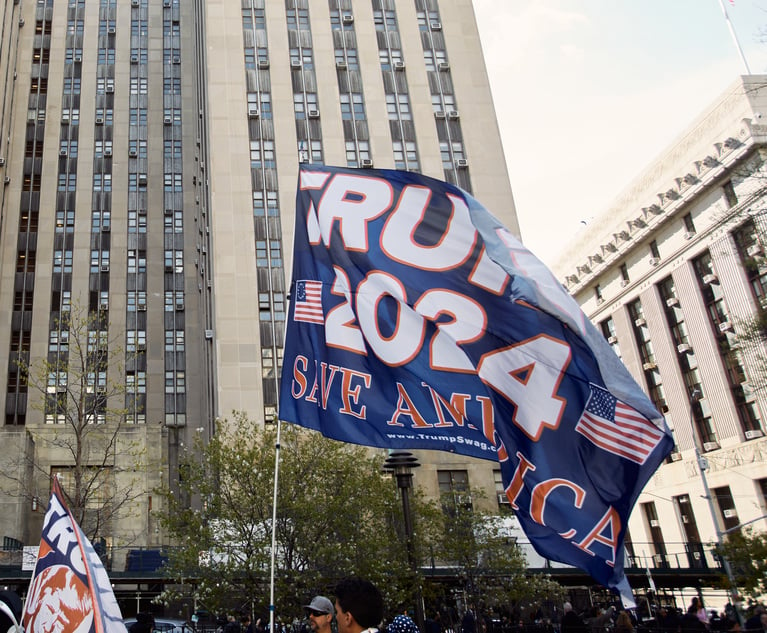Section 101 of the Patent Act defines the subject matter that is eligible for patenting. Nearly 10 years ago, in Mayo and Alice, the Supreme Court established a two-step test for eligibility under §101. The Federal Circuit’s subsequent application of that test has met criticism from legal commentators and from members of the court, with now-Chief Judge Moore recently calling the court “bitterly divided” on this issue. The Supreme Court nevertheless denied certiorari in several recent §101 cases, including one involving a “unanimous” “plea for guidance” from the Federal Circuit.
Now, however, the Supreme Court is considering another petition in a §101 case, in which the Federal Circuit split six-to-six in denying rehearing en banc, and in which the Supreme Court recently called for the views of the Solicitor General. See American Axle & Mfg. v. Neapco Holdings, 939 F.3d 1355 (Fed. Cir. 2019), modified on panel rehearing, 967 F.3d 1285 (Fed. Cir. 2020), rehearing en banc denied, 966 F.3d 1347. We report here on this case.
Section 101 of the Patent Act
This content has been archived. It is available through our partners, LexisNexis® and Bloomberg Law.
To view this content, please continue to their sites.
Not a Lexis Subscriber?
Subscribe Now
Not a Bloomberg Law Subscriber?
Subscribe Now
LexisNexis® and Bloomberg Law are third party online distributors of the broad collection of current and archived versions of ALM's legal news publications. LexisNexis® and Bloomberg Law customers are able to access and use ALM's content, including content from the National Law Journal, The American Lawyer, Legaltech News, The New York Law Journal, and Corporate Counsel, as well as other sources of legal information.
For questions call 1-877-256-2472 or contact us at [email protected]


 Eric Alan Stone and Catherine Nyarady
Eric Alan Stone and Catherine Nyarady




